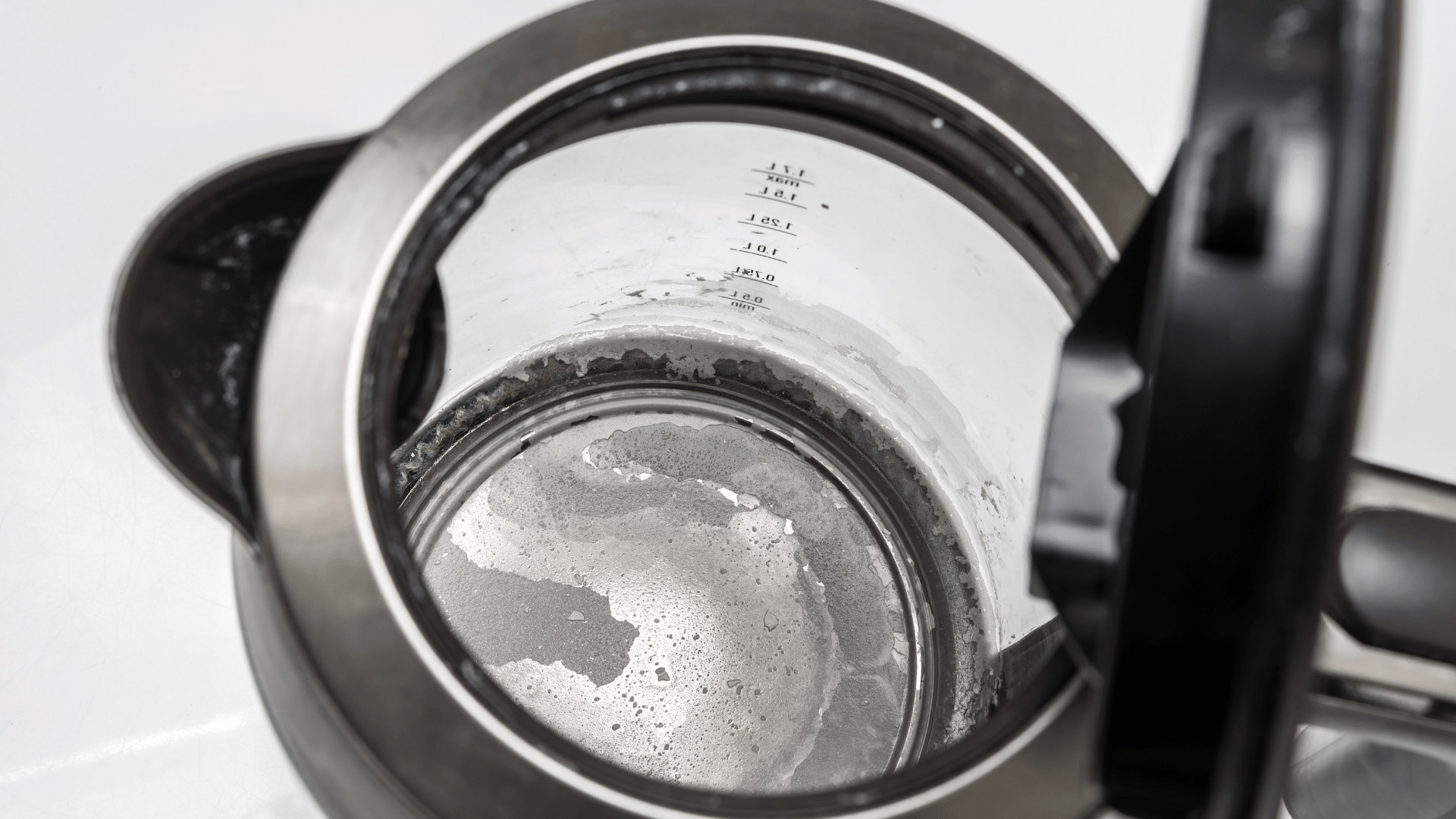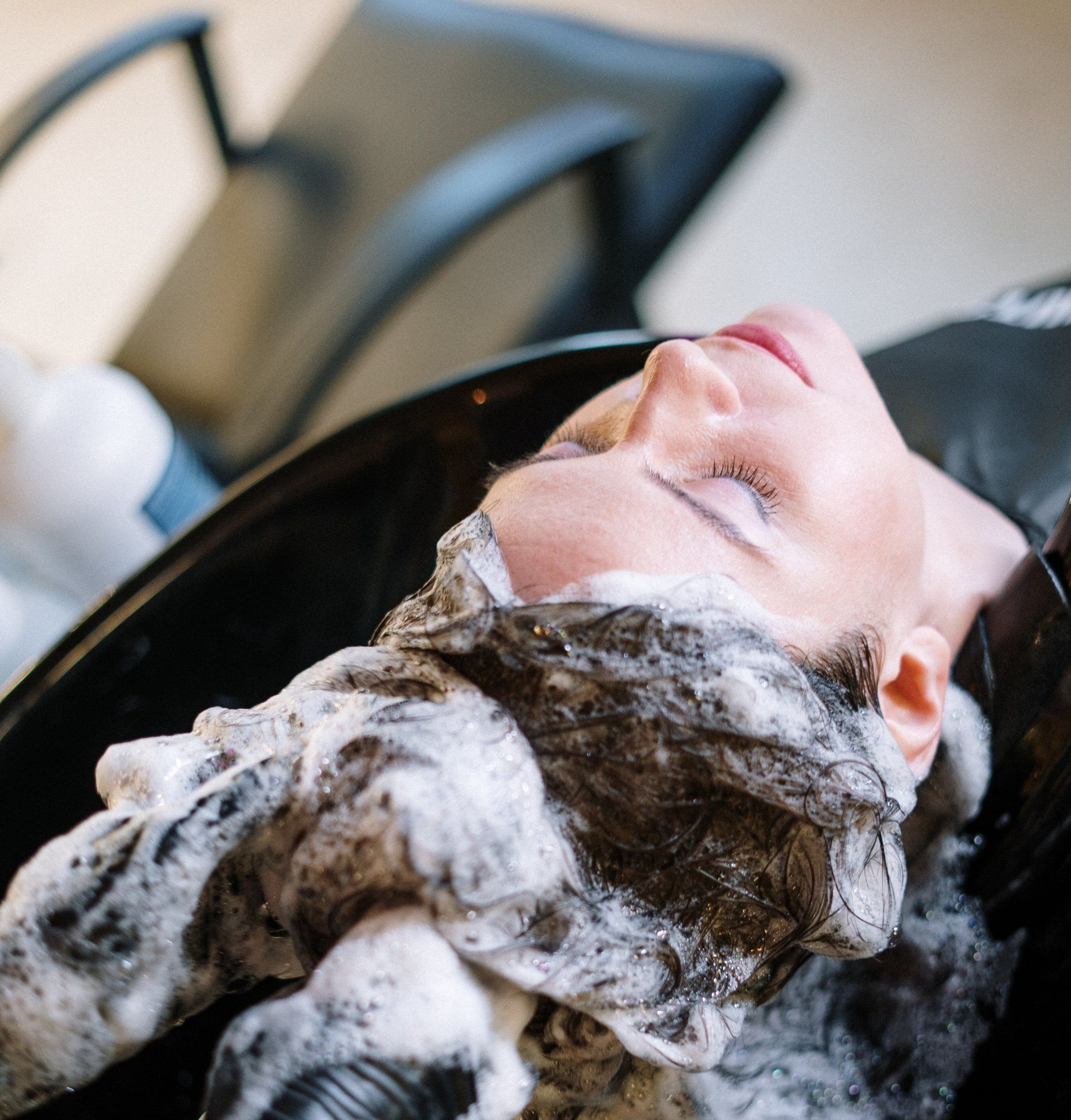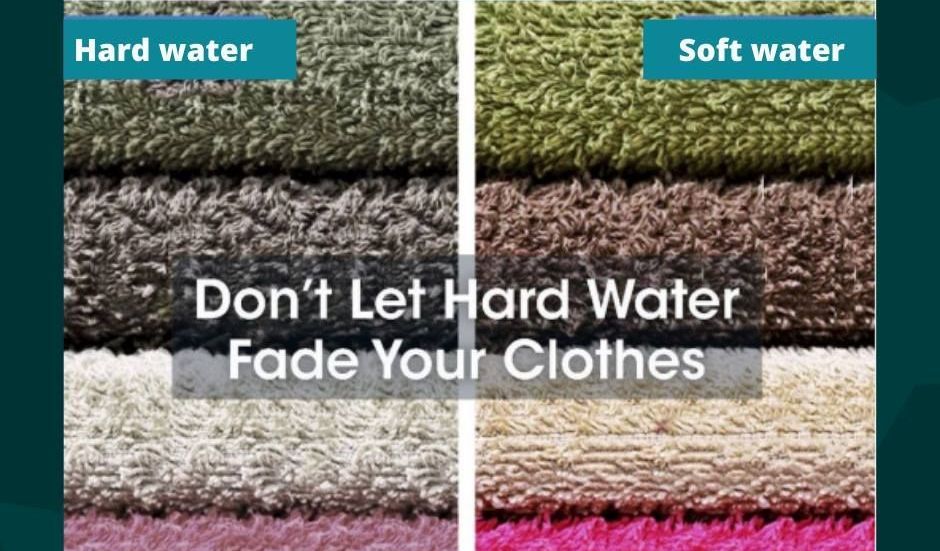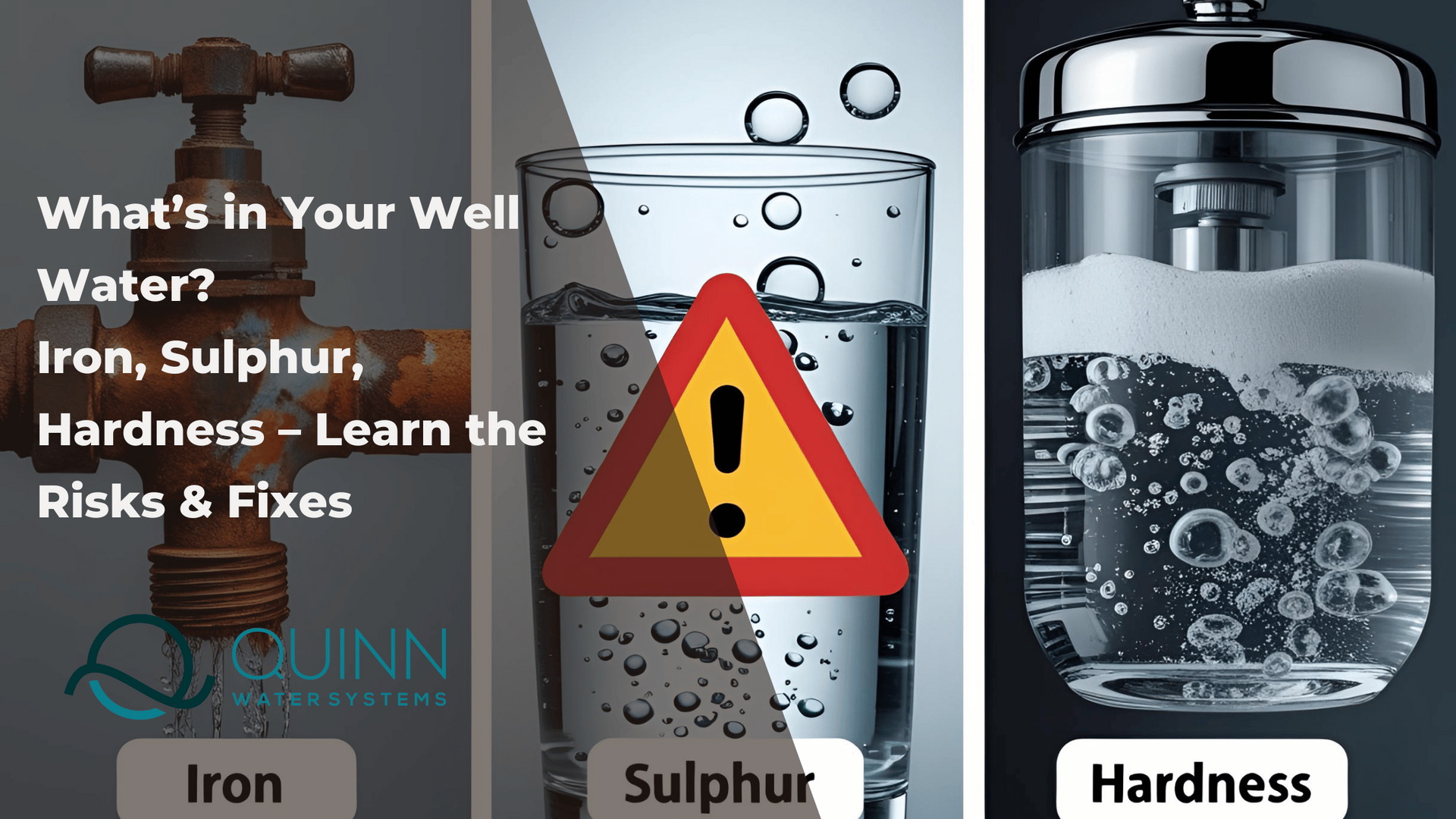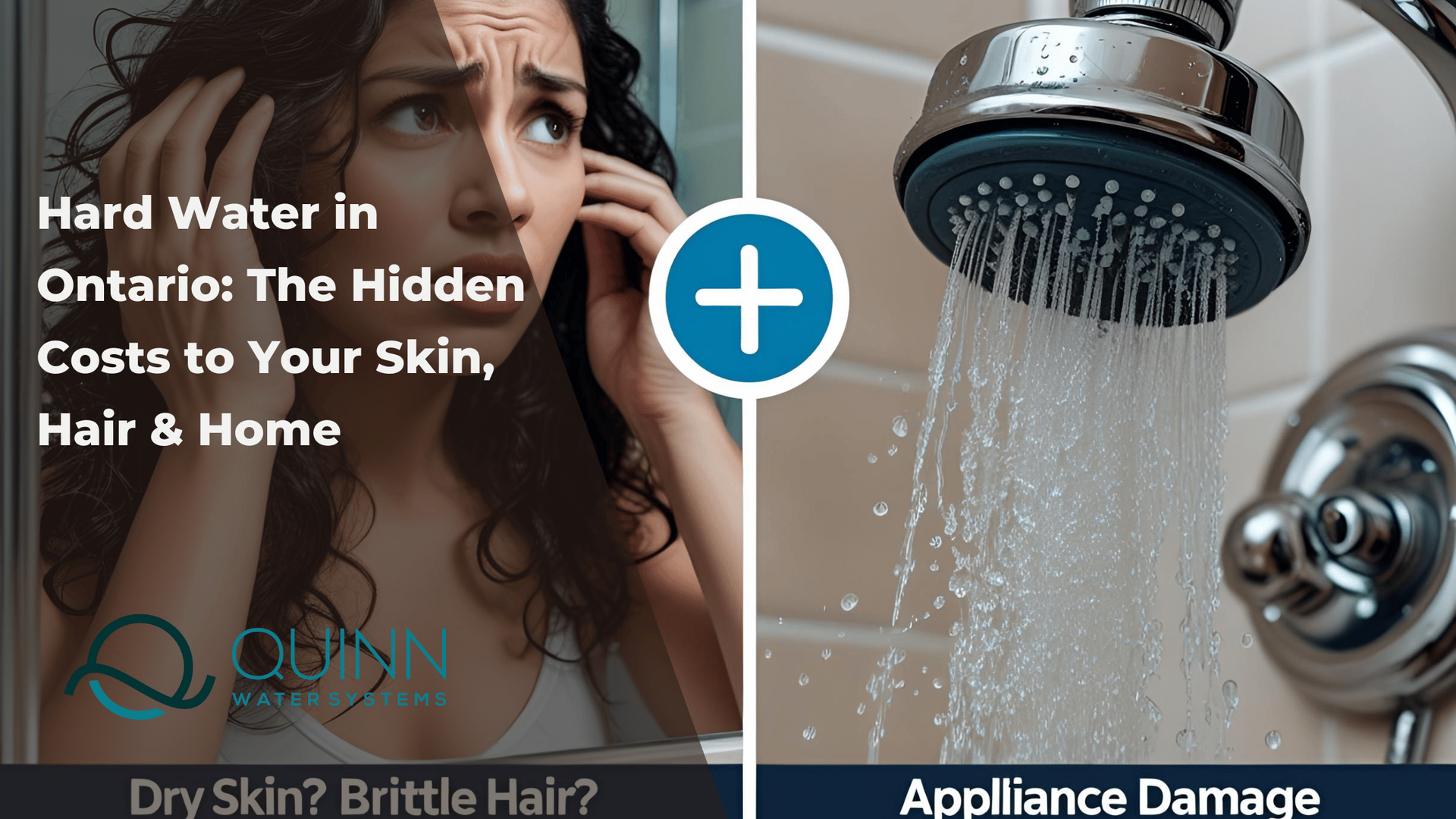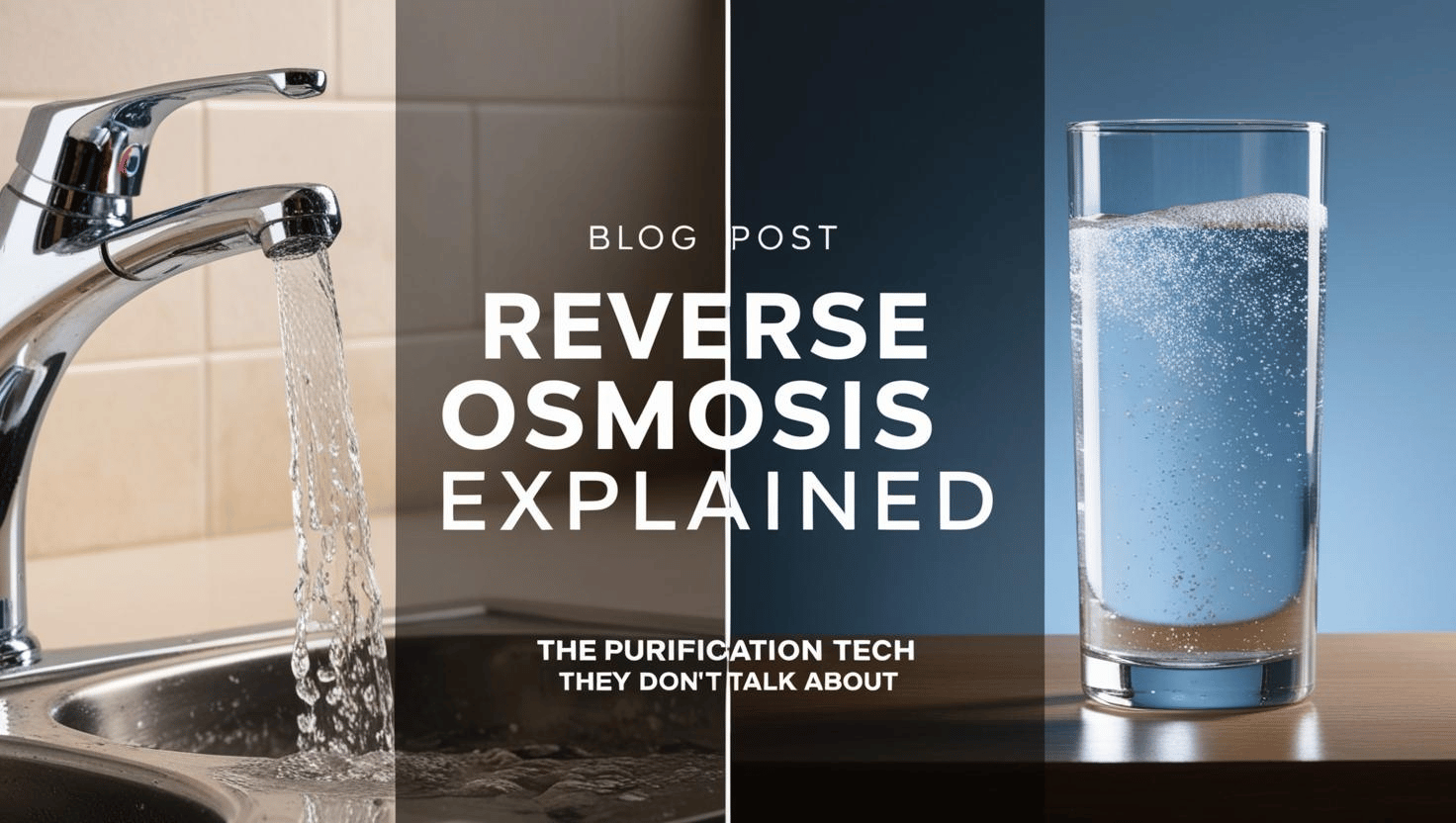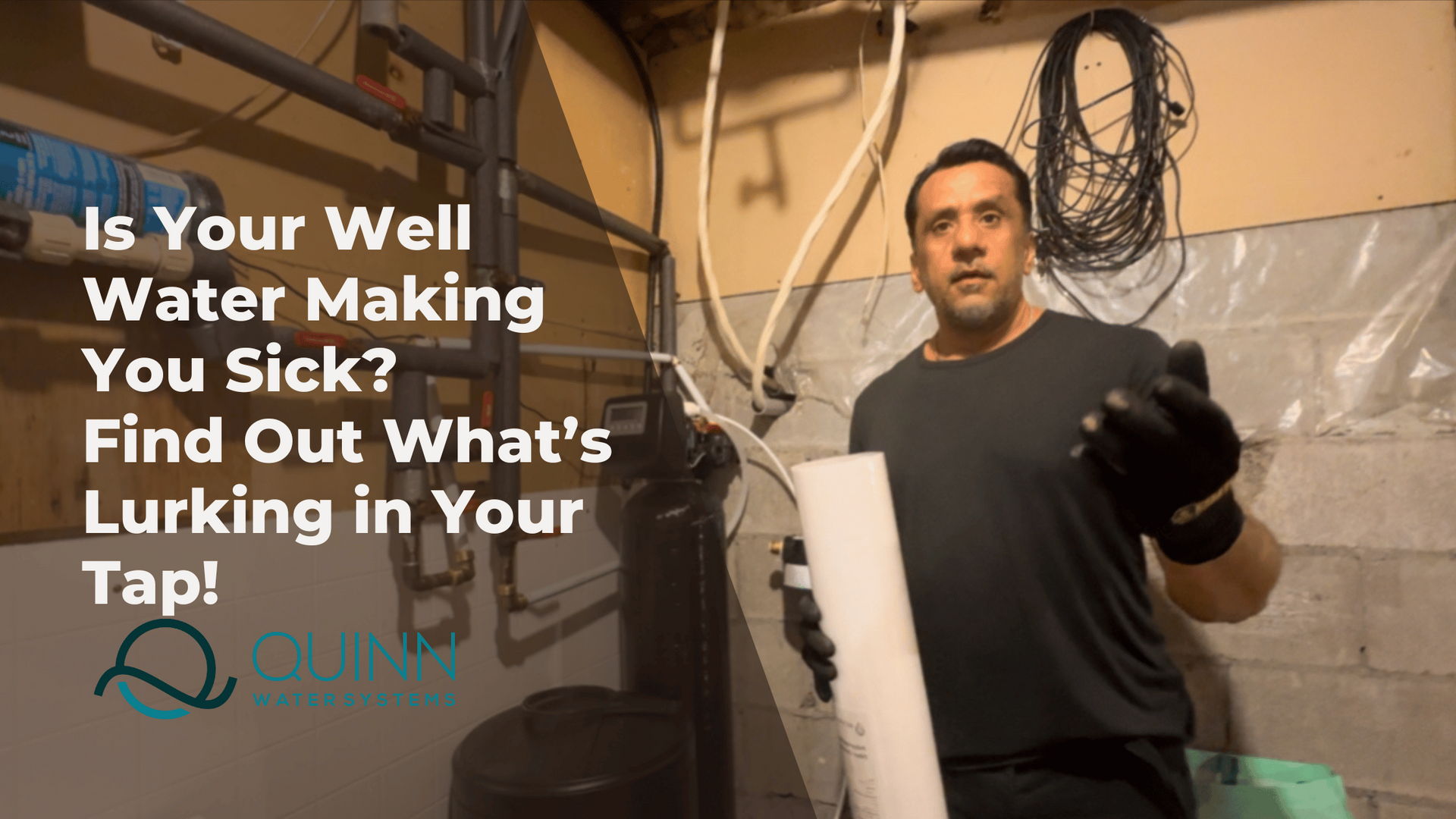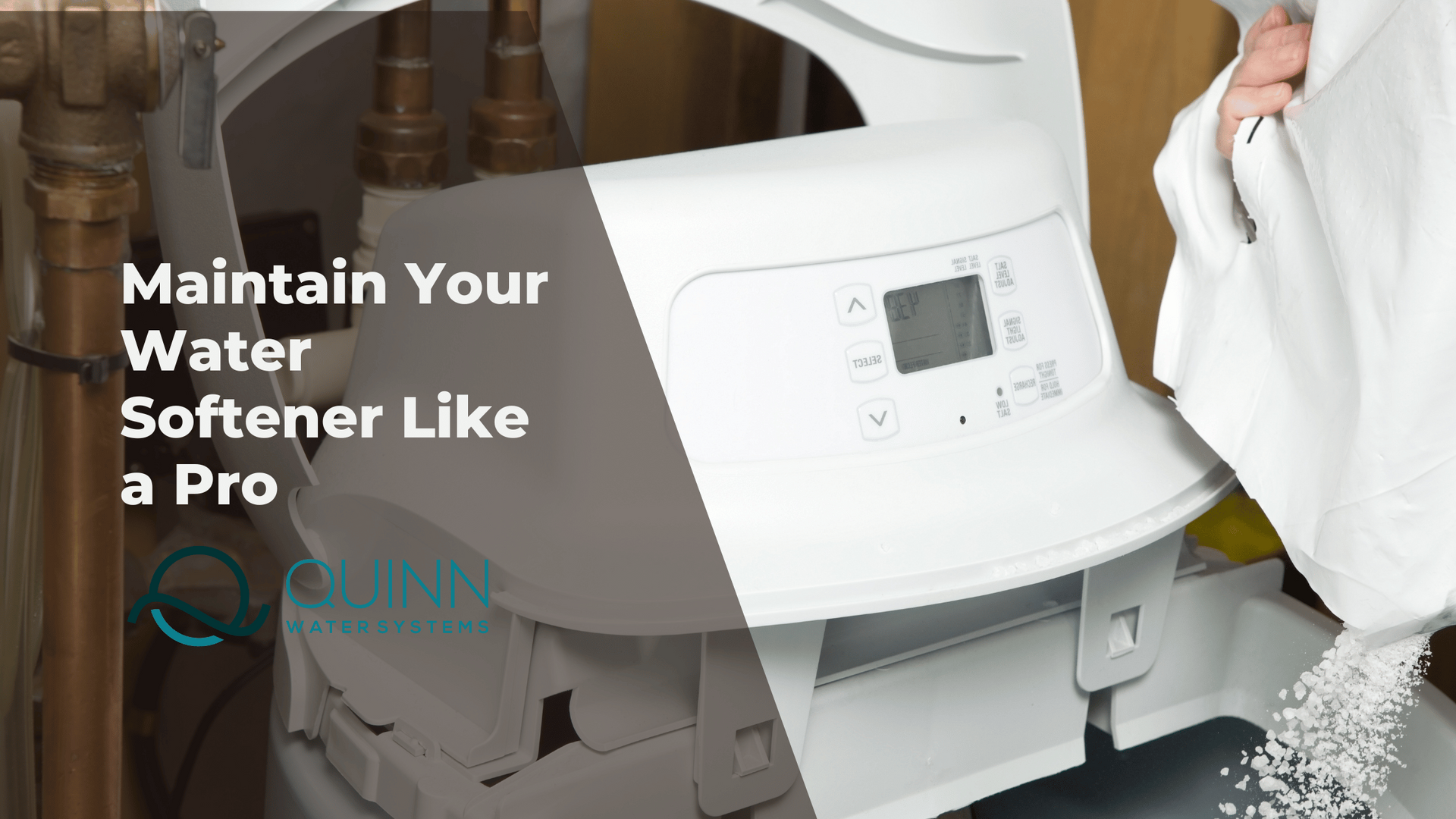Do you really need a
water softener in Ontario? It's a common question that many homeowners ponder when considering the quality of their water. While a water softener can undoubtedly improve your water in most situations, the necessity of one depends on various factors, including the composition of your water supply and the condition of your home's plumbing system.
In this blog post, we'll explore key indicators that homeowners should consider when assessing the need for a water softener. By understanding these signs and their impact, you'll be empowered to make an informed decision that can greatly improve your water quality and overall well-being. Let's take a look and find out five major indicators that will help you assess whether a water softener is the solution you've been looking for.
Understanding Hard Water
Hard water is characterized by the presence of minerals such as calcium and magnesium in your water supply. These minerals are naturally occurring and are picked up as water travels through rock formations and soil. While they may not pose a direct health risk, the effects of hard water can be significant.
When hard water flows through your pipes and fixtures, it leaves behind
mineral deposits and scale buildup. This buildup can clog pipes, reduce water flow, and cause plumbing system issues over time. Additionally, hard water interferes with the effectiveness of soap, resulting in soap scum and difficulty lathering. This can lead to wastage of cleaning products and leave behind residue on your skin, hair, and household surfaces.
It's important to recognize that the negative effects of hard water extend beyond inconvenience. Over time, the accumulation of mineral deposits and the strain on your appliances and plumbing system can result in costly repairs and replacements.
By understanding the detrimental effects of hard water on your household appliances, plumbing systems, and personal care routines, you'll be better equipped to recognize the need for a water softener and take proactive steps to address the issue.
5 Major Signs for Assessing the Need for a Water Softener
No.1 Scale Build-up on Fixtures and Appliances
Hard water causes mineral deposits and scale accumulation due to the high levels of
calcium and magnesium present. When the water evaporates or comes into contact with surfaces, these minerals are left behind, forming a visible and stubborn layer of scale.
Signs of scale build-up on fixtures and appliances can serve as clear indicators of hard water problems. Keep an eye out for the following:
- Faucets and Shower heads: Scale build-up may appear as a
white or yellowish crust around the openings of faucets and shower heads. It can affect water flow, leading to reduced pressure and uneven spray patterns.
- Appliances: Check for signs of scale accumulation in appliances that use water, such as coffee makers, kettles, and washing machines. Look for white or brownish deposits inside these appliances or on heating elements. Scale build-up can hinder their performance and shorten their lifespan.
- Dish ware and Glassware: If your dishes, glasses, and silverware frequently have
spots or a cloudy film after washing, it could be a result of hard water. The minerals in hard water can leave behind residue, even after they've been cleaned.
Scale build-up not only affects the aesthetics and functionality of fixtures and appliances but also reduces their efficiency over time. If you notice these signs of scale accumulation, it's a strong indication that your home could benefit from a water softener to prevent further damage and maintain the performance of your plumbing system and appliances
No. 2 Soap Scum and Difficulty Lathering
No.3 Dry, Irritated Skin and Hair
Hard water can have a detrimental impact on the health of your skin and hair. The minerals present in hard water, such as calcium and magnesium, can strip away the natural oils and moisture from your skin and scalp. This can lead to dryness, irritation, and discomfort.
Common symptoms of hard water affecting your skin and hair include:
- Dryness:
Hard water can leave your skin feeling tight, flaky, and dehydrated. It can also make your hair dry, brittle, and prone to breakage.
- Itchiness:
The minerals in hard water can cause itching and irritation, leading to discomfort and an increased risk of skin conditions like eczema or dermatitis.
- Dull Hair: Hard water can leave a
residue on your hair, making it look dull, lifeless, and difficult to manage. It can also affect the effectiveness of hair care products, reducing their ability to nourish and style your hair effectively.
Read More: The effect of Hard Water on Hair and Skin
No.4 Faded or Greying Laundry
Hard water can impact the cleanliness and appearance of your clothes, bedsheets, and towels. The minerals in hard water can prevent detergents from properly lathering and rinsing out, resulting in poor cleaning performance.
Signs that your laundry is being affected by hard water include:
- Faded Colours:
Over time, washing clothes in hard water can cause colors to fade more quickly, making your garments look dull and worn out.
- Greyish Whites:
Instead of crisp, bright whites, your white clothes may develop a grayish or yellowish tinge when washed with hard water.
- Fabric Stiffness:
Hard water minerals can leave behind residue on fabrics, causing them to feel rough, stiff, and less comfortable against the skin
No. 5 Plumbing System Issues
The mineral deposits that accumulate over time in pipes due to hard water can pose significant problems for your plumbing system. These deposits can narrow the pipes, reducing water flow and water pressure throughout your home.
Signs of potential plumbing system issues caused by hard water include:
- Reduced Water Flow: If you notice a decrease in water pressure from your faucets, shower heads, or any other water outlets, it may be a result of mineral build-up obstructing the flow.
- Clogs: Mineral deposits can accumulate and cause blockages in pipes, resulting in frequent clogs and backups in sinks, showers, or toilets.
- Increased Plumbing Maintenance: Hard water can lead to a higher frequency of
plumbing issues, such as
leaks, pipe corrosion, and the need for repairs or replacements.
By addressing hard water with a water softener, you can prevent the accumulation of mineral deposits in your plumbing system, ensuring optimal water flow, reducing the risk of clogs, and minimizing the need for costly plumbing repairs and maintenance.
Investing in a water softener, like the ones provided by Quinn Water Systems, can alleviate the negative effects of hard water on your skin, hair, laundry, and plumbing system, leading to improved overall water quality and enhanced home comfort.
So, is a water softener necessary? Final Thought
If you've been dealing with scale build-up, soap scum, dry skin, faded laundry, or plumbing issues, the answer is a definite yes! These are clear signs that you could benefit from a water softener.
Take a moment to
assess your own situation and consider the impact of hard water on your home and well-being. Investing in a water softener can make a world of difference, improving water quality, protecting your fixtures and appliances, and leaving your skin and hair feeling healthier.
If you're looking for expert advice and installation,
Quinn Water Systems is there to help. We're the go-to professionals for all your water softener needs, offering top-notch service and consultation.
By addressing the problems caused by hard water, you can create a more comfortable living environment for yourself and your loved ones. Don't wait—take action now and experience the benefits of soft, quality water in your home.



